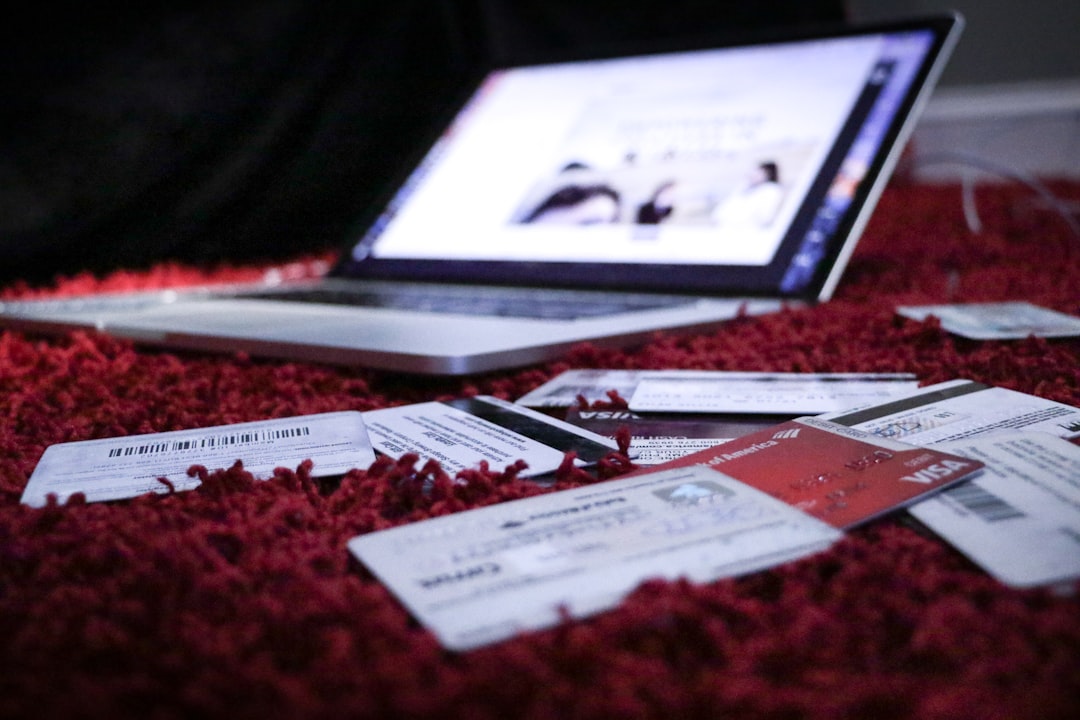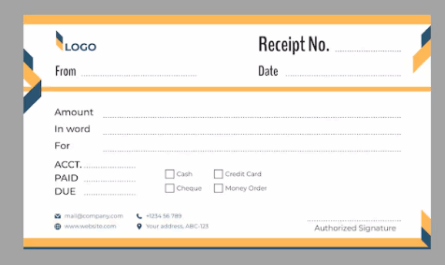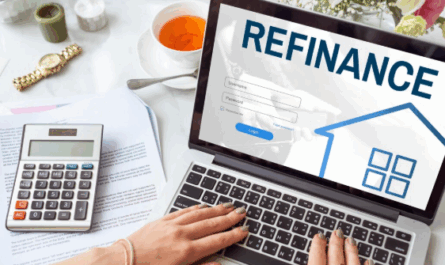Are you tired of being denied loans or offered high interest rates due to a low credit score? If your CIBIL score is around 500, and you want to know how to get your credit score from 500 to 700, you have come to the right place. However, with the right strategies and consistent effort, you can gradually improve your credit score and unlock access to better financial opportunities.
Understanding Your Credit Score
Your credit score is a three-digit number that reflects your creditworthiness. In India, the most widely used credit score is the CIBIL score, which ranges from 300 to 900. A score of 750 and above is considered excellent, while a score below 600 is considered poor. Your credit score is calculated based on factors such as your payment history, credit utilisation, length of credit history, credit mix, and new credit inquiries.
Why Aim for a 700 Credit Score?
Knowing how to get your credit score to 700 can open doors to better financial opportunities. Here are some benefits of having a good credit score:
- Lower interest rates on loans and credit cards.
- Higher loan approval chances.
- Better negotiating power with lenders.
- Easier approval for rental applications and utility services.
How to Increase CIBIL Score from 500 to 700
1. Check Your Credit Report for Errors
The first step in improving your credit score is to obtain a free copy of your credit report from CIBIL or other credit bureaus. Carefully review your report for any errors, such as incorrect personal information, duplicate accounts, or inaccurate payment statuses. If you find any errors, dispute them with the credit bureau to have them corrected.
2. Pay Your Bills on Time
Your payment history is the most crucial factor in determining your credit score. Late payments can significantly damage your score, so make sure to pay all your bills on time, including credit card bills, loan EMIs, and utility bills. Consider setting up automatic payments or reminders to ensure timely payments.
3. Reduce Your Credit Utilisation
Credit utilisation is the percentage of your available credit that you are currently using. High credit utilisation can negatively impact your credit score. Aim to keep your credit utilisation below 30% and ideally under 10%. You can reduce your credit utilisation by paying down your credit card balances, requesting a credit limit increase, or opening a new credit card (but be cautious not to apply for too many new cards at once).
4. Maintain a Mix of Credit Types
Having a diverse mix of credit types, such as credit cards, personal loans, and secured loans, can positively impact your credit score. It shows lenders that you can manage different types of credit responsibly. Consider taking a small personal loan or securing a credit card to diversify your credit mix.
5. Avoid Applying for New Credit Frequently
Each time you apply for new credit, a hard inquiry is made on your credit report, which can temporarily lower your credit score. Avoid applying for multiple credit cards or loans within a short period. If you need to shop for a loan, try to do so within a 30-day window to minimise the impact of hard inquiries.
6. Keep Old Credit Accounts Open
The length of your credit history also plays a role in your credit score. Closing old credit accounts can shorten your credit history and potentially lower your score. Instead, keep your old accounts open and active by occasionally using them for small purchases and paying off the balances promptly.
7. Use a Secured Credit Card
If you have a limited or damaged credit history, using a secured credit card can help you build or rebuild your credit. A secured credit card requires you to make a cash deposit that serves as collateral. By using the card responsibly and making timely payments, you can establish a positive payment history and improve your credit score over time.
How Long Does It Take to Improve Your Credit Score?
Understanding how to increase your CIBIL score from 500 to 700 is not an overnight process. It requires consistent effort and responsible credit management over time. The timeline for improvement depends on various factors, such as the negative items on your credit report and the steps you take to address them.
Here’s a rough estimate of how long it may take to see improvement:
|
Credit Event |
Potential Impact on Score |
Time to Recover |
|
Late Payment |
Moderate to Severe |
18 months or more |
|
Maxed-out Credit Card |
Moderate |
3-6 months |
|
Applying for New Credit |
Minor |
3-6 months |
|
Closing an Old Credit Account |
Minor to Moderate |
3-6 months |
|
Foreclosure or Bankruptcy |
Severe |
7-10 years |
Keep in mind that these are general estimates, and individual results may vary. Consistently practising good credit habits and monitoring your progress can help you achieve a 700 credit score faster.
Tracking Your Progress with Airtel Finance
Monitoring your credit score regularly is essential to track your progress and identify areas for improvement. With the Airtel Thanks app, you can access your free credit score anytime, anywhere. The app also provides personalised insights and recommendations to help you make informed financial decisions.
Additionally, Airtel Finance offers a range of financial products, such as personal loans tailored to your needs and credit profile. By availing of these products and using them responsibly, you can further improve your credit score and achieve your financial goals.
FAQs
- How can I get my credit score to 700 in 30 days?If you are wondering how to get a 700 credit score in 30 days, it is a challenging affair, but you can start by paying all your bills on time, reducing your credit utilisation, and disputing any errors on your credit report.
- What is the fastest way to increase my credit score?The fastest way to improve your credit score is to pay down high credit card balances, make all your payments on time, and avoid applying for new credit frequently.
- How to get my credit score to 700 with no credit history?If you have no credit history but want to know how to get your credit score to 700, you can start building your credit by obtaining a secured credit card, becoming an authorised user on someone else’s credit card, or taking a small personal loan and making timely payments.
- Can I get a personal loan with a 500 credit score?While getting a personal loan with a 500 credit score is possible, you may face higher interest rates and stricter eligibility criteria. Improving your credit score before applying can help you secure better loan terms.
- How long does it take for my credit score to update after making positive changes?Typically, it takes 30-60 days for your credit score to update after making positive changes, such as paying down debt or correcting errors on your credit report. However, significant improvements may take several months to reflect on your score.



